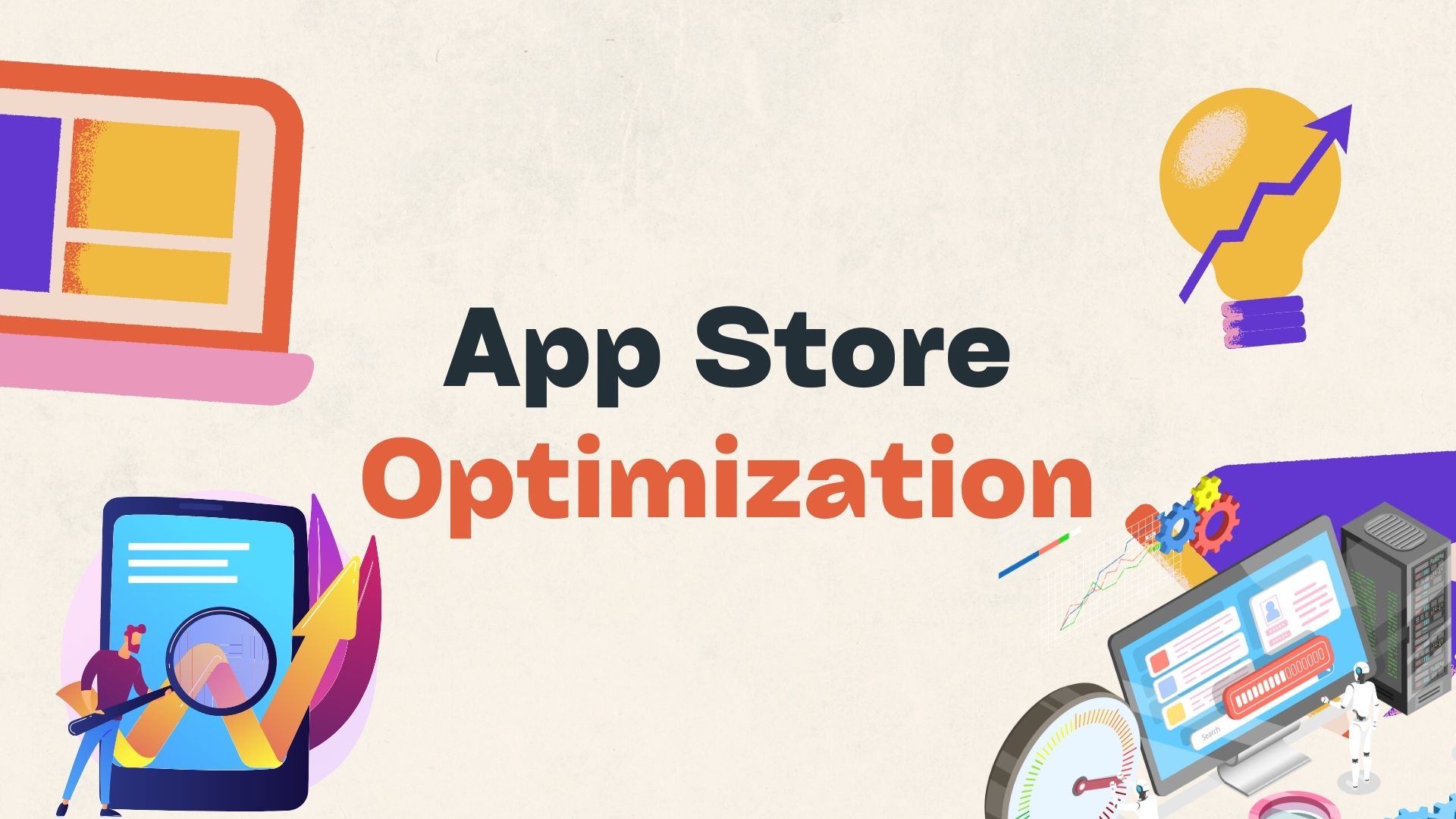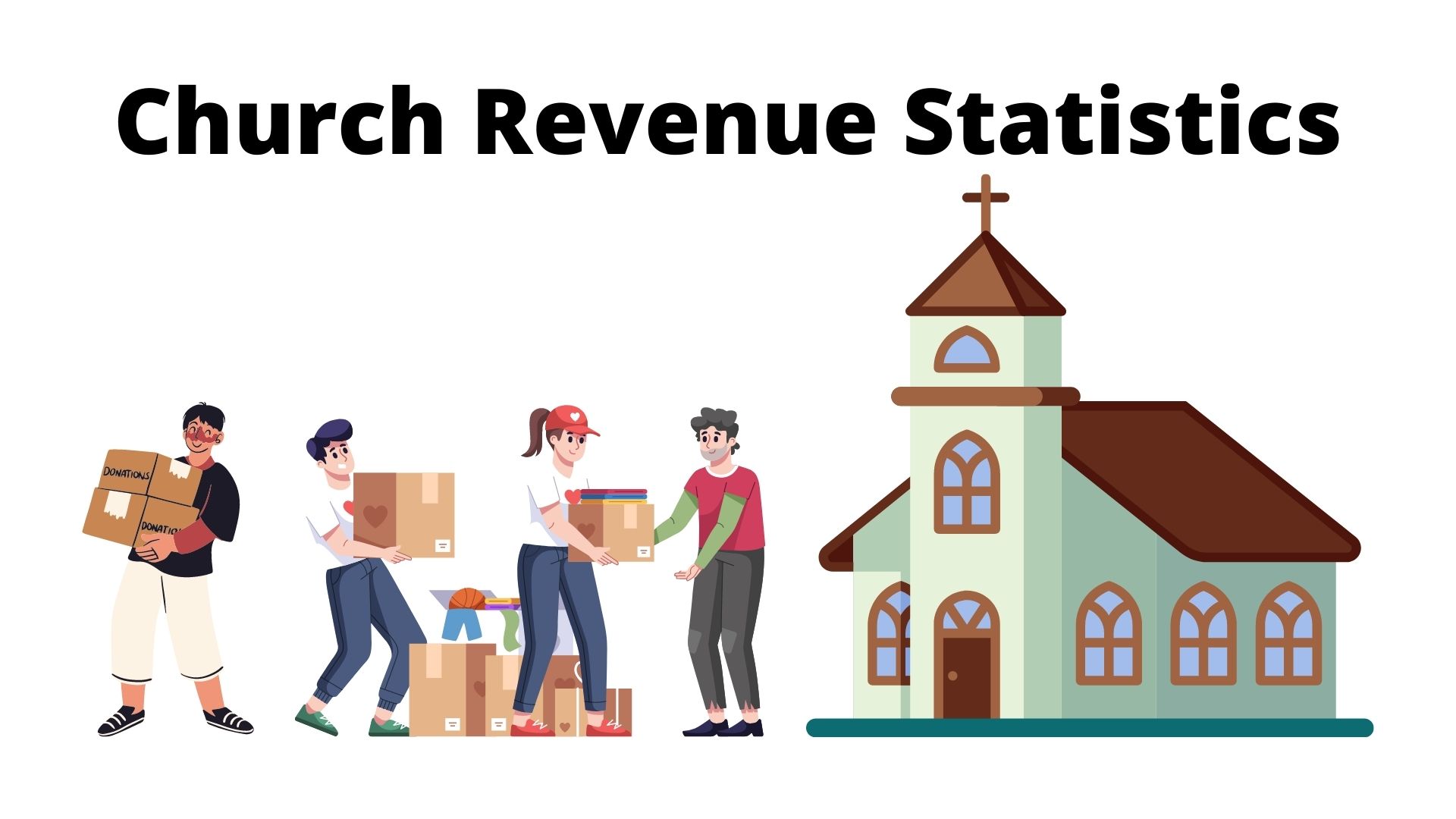IBM’s Watson Will Change Your Data Analytics – but How?
IBM’s Watson software offers a new and distinctly different approach to analyzing data. It differs from more traditional approaches in three key ways:
- It understands much more of the “semantics” of information – the assumptions and implicit meanings behind it – compared to other analytics solutions.
- It tackles a much larger body of the “defined only by learning it as kids” meaning of human languages, allowing it to do a better job of understanding spoken and written language as well as some aspects of video.
- It therefore can identify more ways in which related information forms a composite, coherent picture of what is being analyzed.
In more concrete terms, if a marketer posts a photo and links to a blog post on Facebook, Watson can do a much better job than most analytics software of figuring out whether the photo or post is having more impact, among which Facebook users, and how the message of the content resonates with readers.
Watson's not-so-secret sauce is massive computing power applied to a huge semantics-rich Internet, plus greater ability to create larger “domains of knowledge” within which it can figure out all the short cuts and assumptions that underlie, say, social media messaging or doctors' notes regarding medical treatment. So Watson not only does a bang-up job at Jeopardy, but it can also be used to scan huge amounts of human input relevant to genomics or video with spoken audio to identify smartphone streaming of a news event.
With what I've said, it's hard not to think that Watson is fully human, on the one hand, or able to understand complex knowledge domains like biology, on the other. However, Watson is clearly neither of those things. Instead, IBM is working to identify which domains are well enough understood, or simple enough, as well as large enough in Big Data terms, that traditional analytics can't handle them but Watson can.
Let me suggest three areas where you may find Watson most useful in the near future:
- Wading through the scientific literature in areas such as medicine, biology or computing. Increasingly companies need help with areas ranging from patent searches to innovation, and the difference in profits (or costs) between success and failure is bottom-line substantial. As in Watson's new foray into gene sequencing, the potential here is great.
- Sophisticated sentiment analysis, incorporating YouTube video as well as casual language on Twitter, Pinterest and other such channels.
- “Needle in a haystack” security analysis that allows better distinction between threats betrayed by human behavior patterns showing up in their language semantics and innocent “I'd kill for this” remarks.
Expect to do a lot of targeting of Watson, since IBM is itself in the process of fine-tuning its applicability. However, Watson obviously offers great potential to help improve understanding of your customers and your environment. It's not analytics nirvana, but it's definitely worth considering carefully.
Wayne Kernochan is the president of Infostructure Associates, an affiliate of Valley View Ventures that aims to identify ways for businesses to leverage information for innovation and competitive advantage. Wayne has been an IT industry analyst for 22 years, focused on analytics, databases, development tools and middleware, and ways to measure their effectiveness, such as TCO, ROI and agility measures. He has worked for firms such as Yankee Group, Aberdeen Group and Illuminata, and has helped craft marketing strategies based on competitive intelligence for vendors ranging from Progress Software to IBM.

Wayne Kernochan has been an IT industry analyst and auther for over 15 years. He has been focusing on the most important information-related technologies as well as ways to measure their effectiveness over that period. He also has extensive research on the SMB, Big Data, BI, databases, development tools and data virtualization solutions. Wayne is a regular speaker at webinars and is a writer for many publications.



